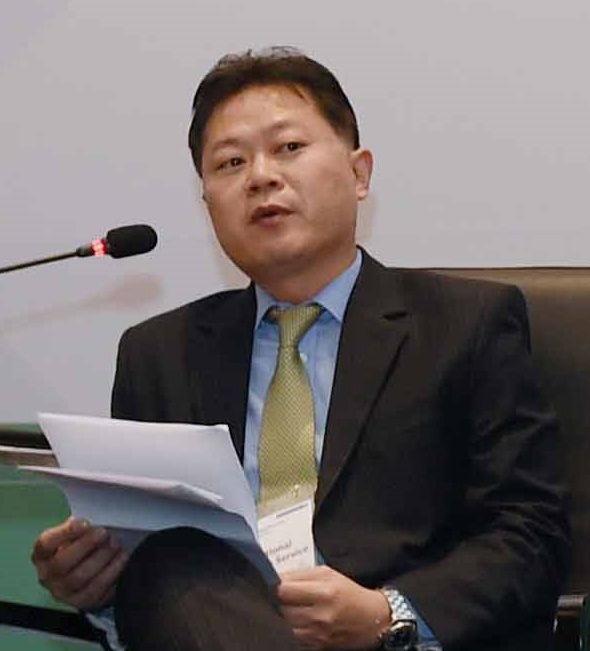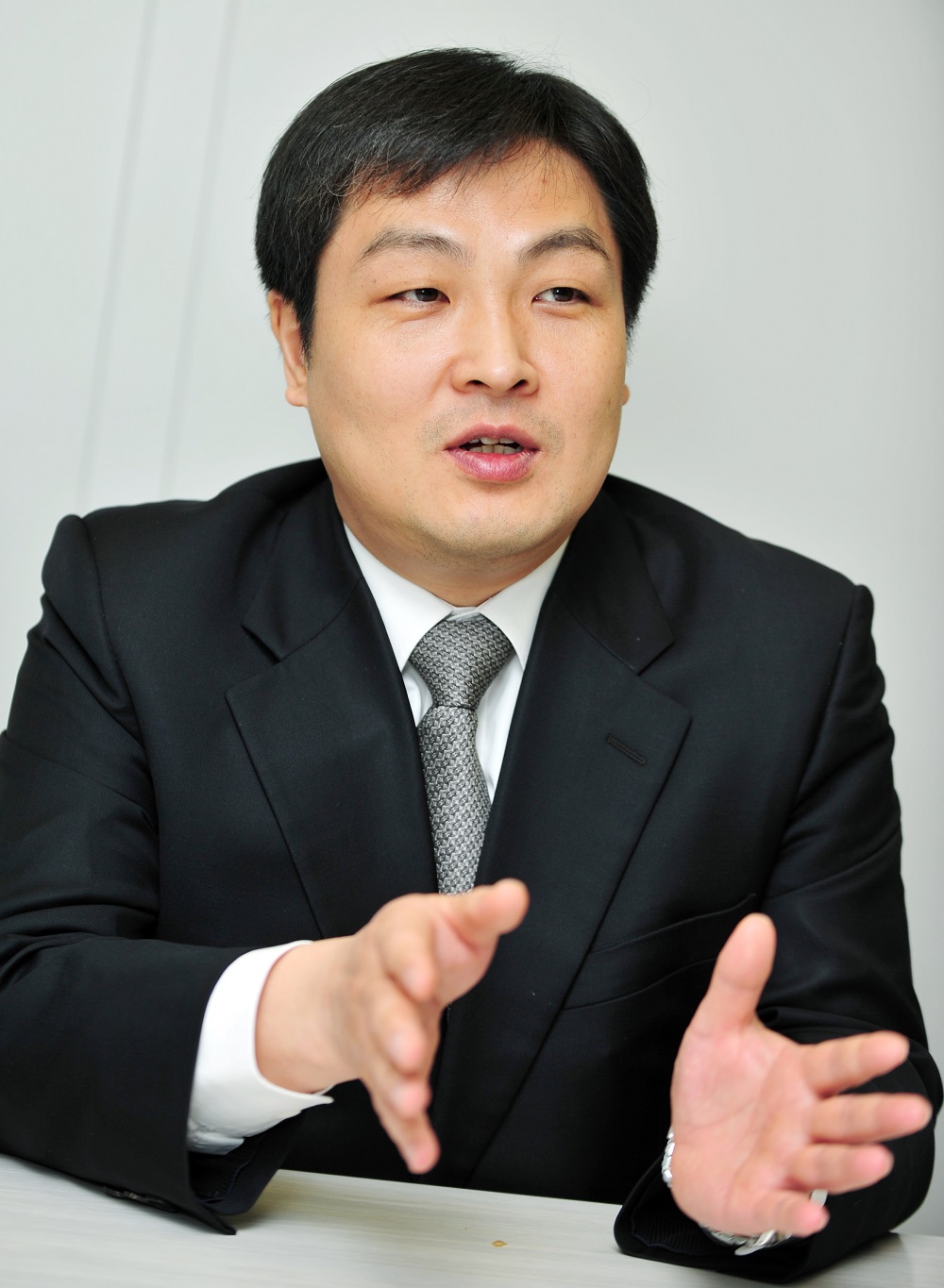NPS’ global alternative head, global public market head offer to resign
Feb 13, 2017 (Gmt+09:00)
3
Min read
Most Read

Two key fund managers of South Korea’s National Pension Service (NPS) have offered to step down earlier this month, joining in 25 other employees who had expressed their resignation from the NPS’ Investment Management department since the start of this year, as it is moving to a small city, a three-hour drive from Seoul, later this month.
Sang-Hyun Yoo, who leads the global alternative division of the world’s No.3 pension scheme, and Kyung-Jik Lee, its global public market head, are going to leave the $480 billion fund, according to the NPS on Feb. 12.

Lee is supposed to move to a US-based investment company, while it is unknown about Yoo’s next move.
Their resignation offers come as three other retiring NPS asset management officials, including Young-Sig Yang who had led the investment strategy and the global alternative investment division, may face disciplinary punishments on charges of confidential information leakages, as a result of internal inspections.
With the departures of Yang and Yoo,the NPS will lose the two most senior alternative investment experts.
The number of the NPS’ asset management employees who have handed in resignations, or offered to resign year to date, comes to 27. In 2016 alone, 30 asset management staff had left the NPS.
Both Yoo and Lee have been among the senior officials being questioned by the country’s special prosecutor’s team over the NPS’ backing of the 2015 controversial merger between two Samsung Group units.
The NPS executives have been banned from overseas trips for the probes, and their foreign travel is likely to remain prohibited until the investigations of the special prosecutor’s team end. The investigations disconcerted NPS asset management officials, raising concerns that they could be the target of prosecution investigations for any investment decision they would make.
‚ÄúOn average, one asset management employee per day came to my office to offer resignation recently,‚ÄĚ Myoun-Wook Kang, NPS chief investment officer, told the Korea Economic Daily.
‚ÄúThe worry is key forces with experience and expertise are leaving at the same time,‚ÄĚ he sighed.
Since July 2016, six of the eight executives in charge of the NPS’ asset management divisions had quit. Currently, its Investment Management department has 223 staff, short of the allowed maximum number of employees of 260.   
Excluding the Investment Operation division, around 70% of team leaders or senior asset management staff - 23 out of 34 - are less than one year in their current positions at the Investment Management department.
In late December, NPS’ former head of investment strategy and global alternative investment, Young-Sig Yang, tendered his resignation but it has not been accepted as they started internal audits late last year. 
DISCIPLINARY ACTIONS AGAINST OTHER STAFF

Last week, the NPS’ inspection office demanded that heavy disciplinary measures, including a dismissal, be imposed against Yang and two unidentified employees, wrapping up inspections. They were charged with sending confidential documents through the NPS email accounts, or started working at a private company although his resignation was rejected.
‚ÄúConsidering the gravity of the matters and based on our internal standards for preventing the recurrence, we called for the disciplinary measures,‚ÄĚ said an official of the NPS inspection team.
A disciplinary committee will be convened to determine the level of penalties against them.
A company which hires a penalized NPS employee will be prohibited from doing business with the NPS for up to five years. 
But some NPS officials said that the proposed disciplinary measures were excessive and seemed intended to tighten up the slack, ahead of the move to Jeonju on Feb. 25 and regular audit by the government’s inspection board.
By Dongwook Jwa and Sung-mi Shim
leftking@hankyung.com
Yeonhee Kim edited this article
More to Read
-

-

-
 Private equityPrivate markets open to more high-net-worth individuals: Hamilton Lane
Private equityPrivate markets open to more high-net-worth individuals: Hamilton LaneApr 16, 2024 (Gmt+09:00)
-
 InfrastructureInfrastructure secondaries continue to rise amid inflation: Stafford
InfrastructureInfrastructure secondaries continue to rise amid inflation: StaffordApr 09, 2024 (Gmt+09:00)
-
 Private equityCarlyle’s Rubenstein sees commercial real estate undervalued
Private equityCarlyle’s Rubenstein sees commercial real estate undervaluedApr 08, 2024 (Gmt+09:00)
Comment 0
LOG IN




